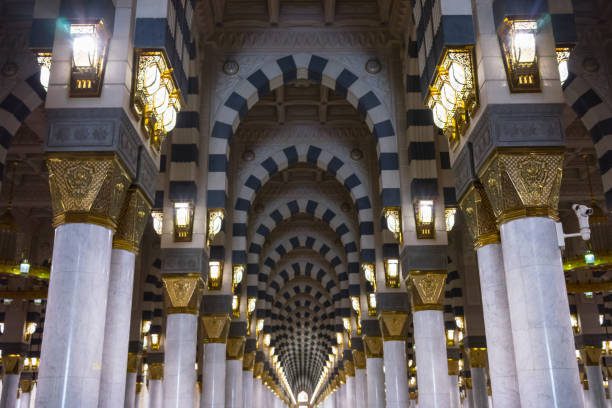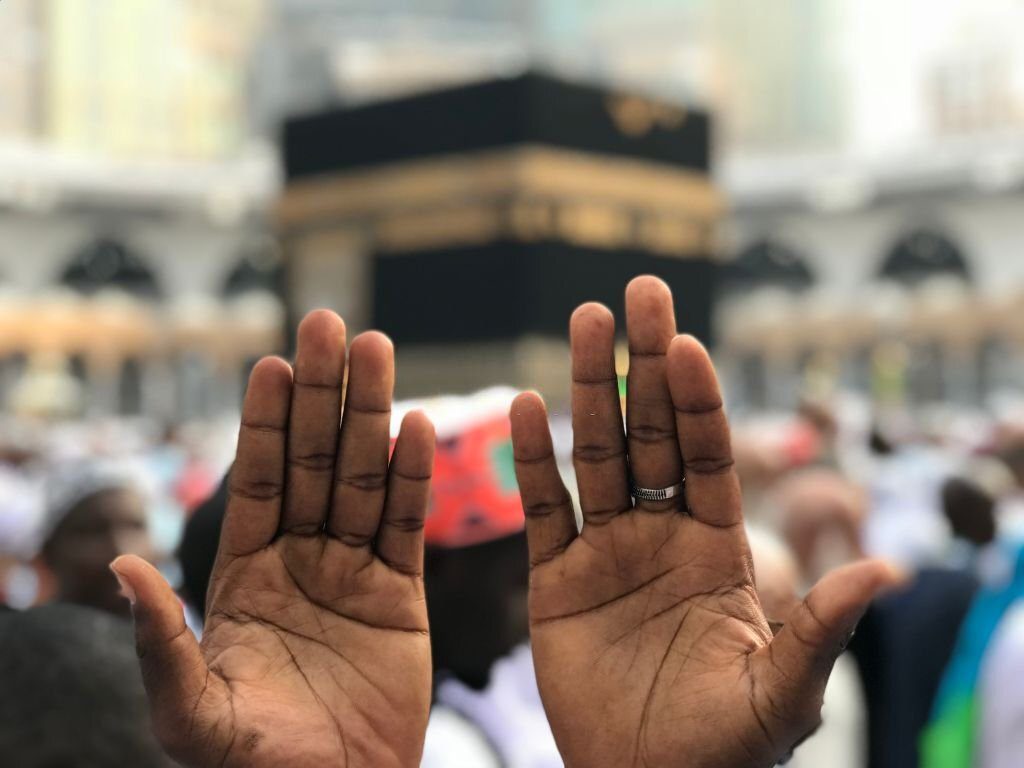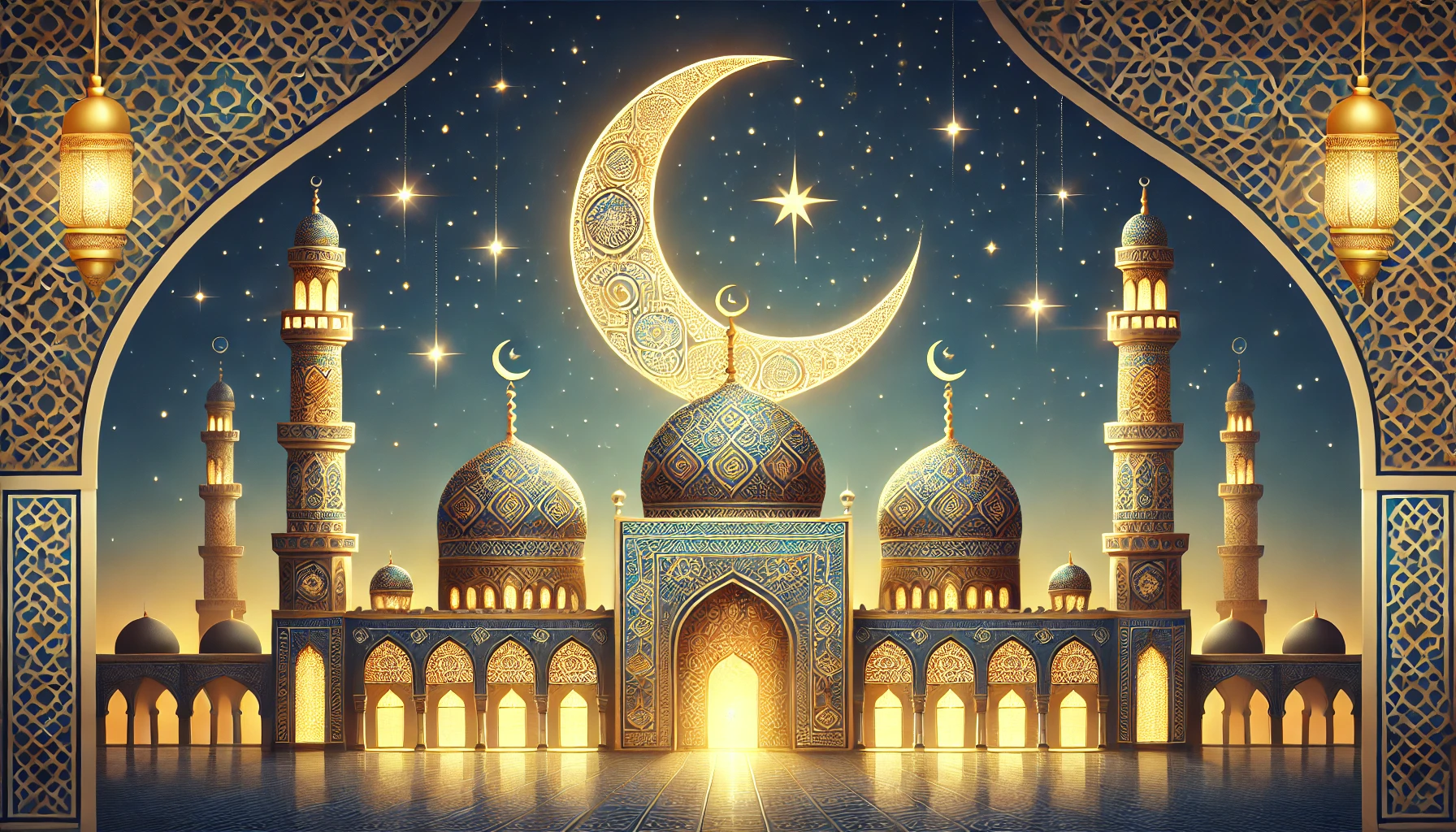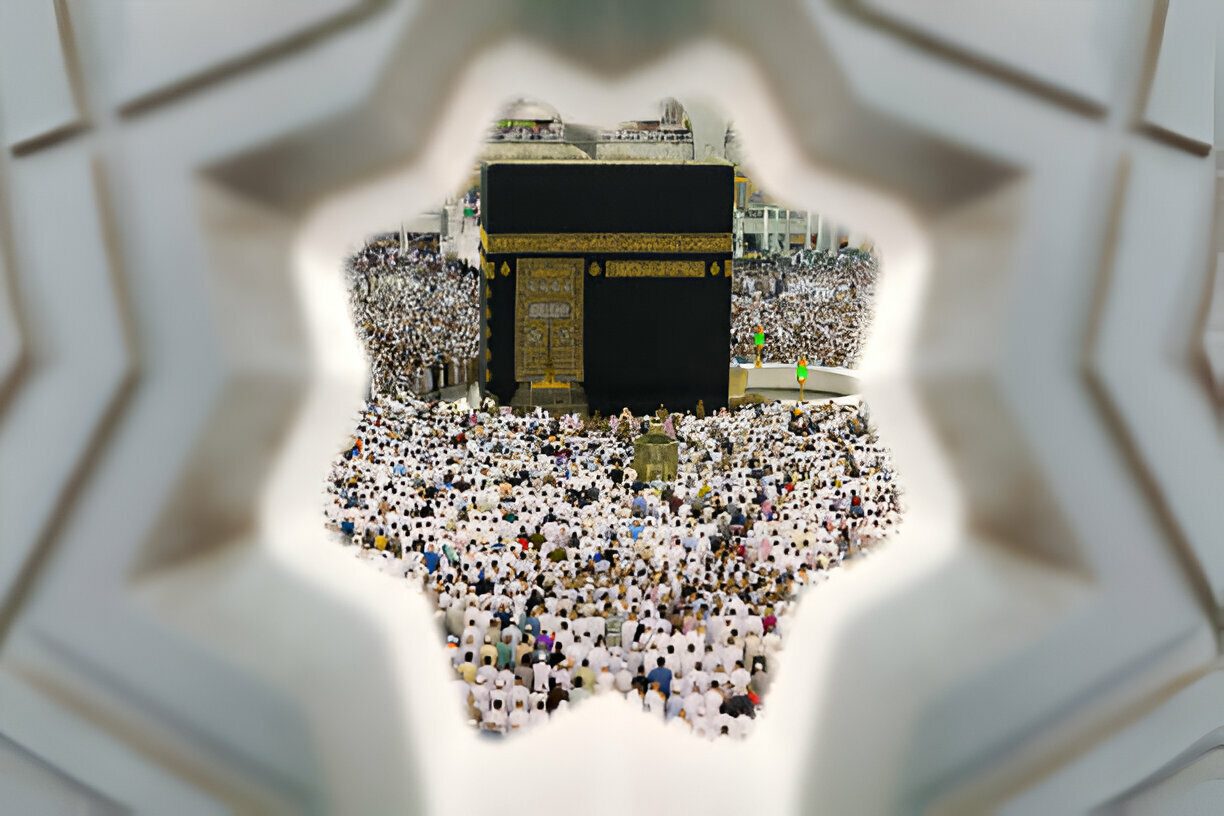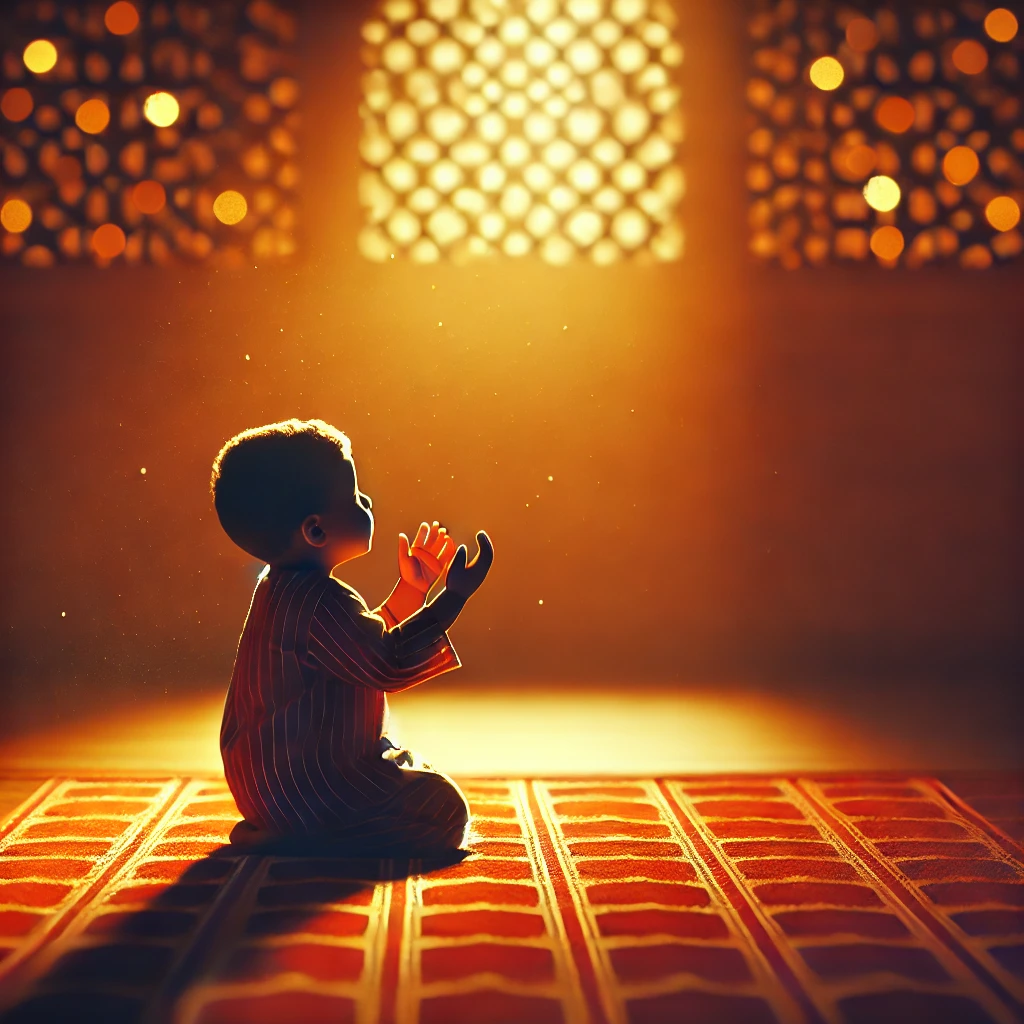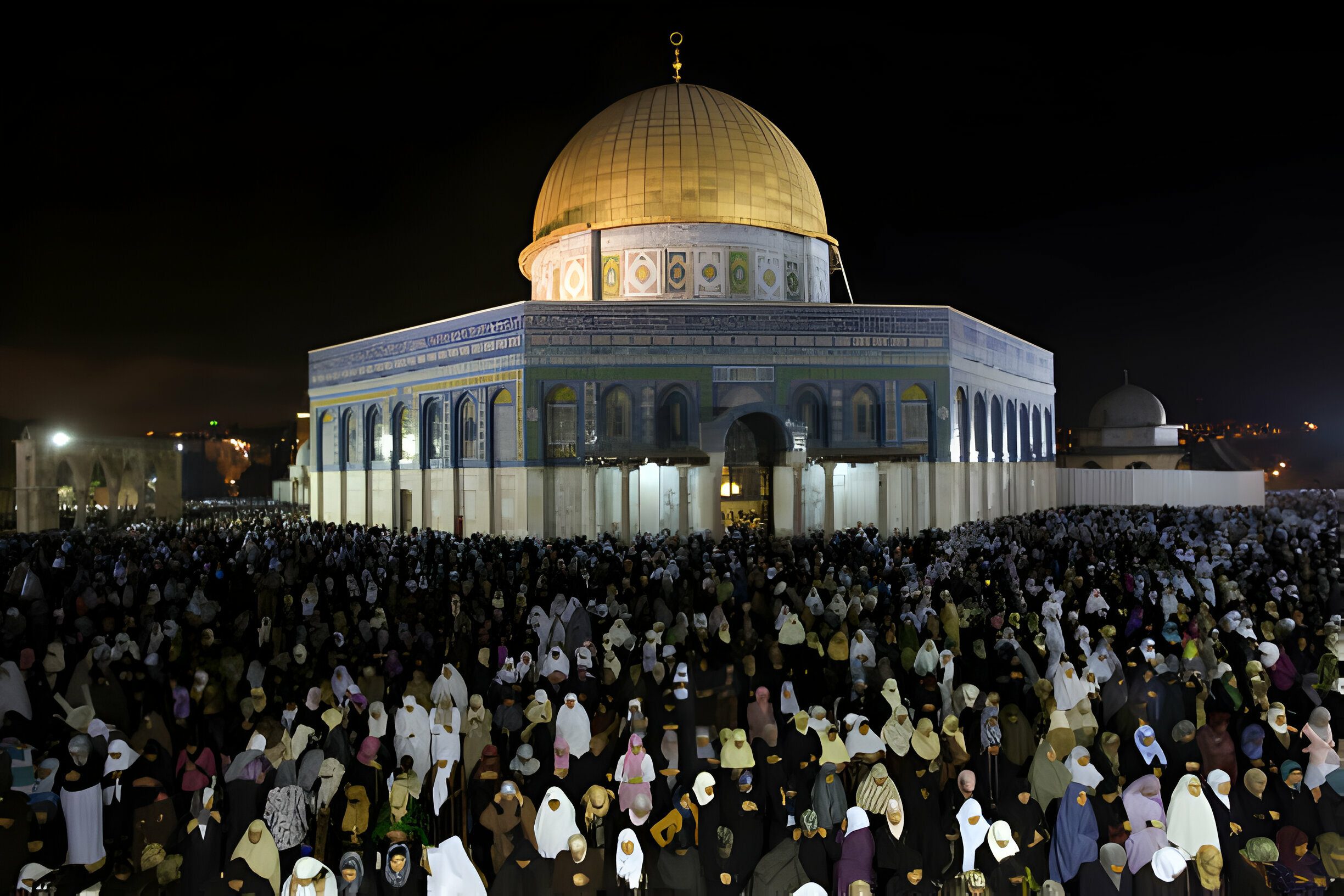The month of Rabi al-Awwal is the third month of the Islamic lunar Calendar. This month is one of the most spiritually significant months for the Muslims due to key events related to the life of the Prophet Muhammad ﷺ, including his birth, migration, and death.
Significance of Month of Rabi ul Awwal
The love and reverence for the Prophet ﷺ, whose life and mission changed the course of humanity, make this month an important time for reflection, gratitude, and celebration among Muslims.
Some special events related to Rabi al-Awwal:
Birth of Prophet Muhammad ﷺ
The most significant event associated with Rabi al-Awwal is the birth of the Prophet Muhammad. The 12th of Rabi al-Awwal is a strong candidate for being the exact birth date of the Prophet ﷺ, but the 2nd, 8th and 10th are also possible and well-respected positions, with the 8th being the weightiest.
This month is commemorated by many Muslims across the world, who celebrate it by reflecting on his life, teachings, and the blessings his birth brought to humanity.
[Sirat Ibn Ishaq and Al Bidaya wa al-Nihaya by Ibn Kathir]
Allah says in the Quran:
Certainly, did Allah confer [great] favor upon the believers when He sent among them a Messenger from themselves, reciting to them His verses and purifying them and teaching them the Book [i.e., the Qur’an] and wisdom, although they had been before in manifest error.
[Ali Imran, 3:164]
Prophet’s arrival in Madina upon Migration
The Prophet Muhammad ﷺ arrived in Madina in Rabi al-Awwal after his migration from Makkah. Upon his arrival, the people of Madina warmly welcomed him, and the event is remembered as the establishment of the first Muslim state.
[Sirat Ibn Ishaq and Sahih Bukhari]
The First Jumua Prayer
According to some historical accounts the first Jumua (Friday Prayer) performed in Islam was in the month of Rabi al-Awwal. This took place at Quba, on the outskirts of Madina, shortly after the Prophet’s arrival in Madina.
[Sirah by Ibn Hisham and Al-Bidaya wa’l-Nihaya by Ibn Kathir]
The Passing away of the Prophet ﷺ
The Prophet ﷺ passed away on 12th of Rabi ul-Awwal, in the 11th year of Hijrah (632 CE). The day is observed with deep reflection on the legacy he left for the Muslim Ummah.
[Sahih Bukhari, Sahih Muslim. Al-Bidaya wa’l-Nihaya by Ibn Kathir, The Sirah of the Prophet by Dr. Yasir Qadi]
Sahabah’s reverence towards the Birth of the Prophet ﷺ
Several Sahabah (companions) of the Prophet Muhammad ﷺ expressed reverence towards the Prophet’s birth, either through direct narrations or by celebrating his life and mission. While there are no explicit Sahih (authentic) narrations directly from the companions that specify commemorating the Prophet’s birthday as a formal event (as seen in later traditions like Mawlid), many Sahabah demonstrated a deep connection with the Prophet’s life, including the significance of his birth. Following are some key narrations and examples:
Prophet’s birth is a Blessing
Ibn Sa’d narrated that Abu Lahab, the uncle of the Prophet ﷺ who opposed him as a Messenger of Allah, freed his slave-girl Thuwaibah out of joy when she informed him about the birth of Muhammad. The Prophet ﷺ later recalled this, stating that even someone like Abu Lahab received some pardon in his punishment from Allah due to this small act of joy over his birth. [Sahih al-Bukhari, 5101 and Ibn Hajar al-Asqalani’s Fath al-Bari]
This incident indicates that expressing happiness for the birth of the Prophet ﷺ can be a source of blessings, as even an enemy of the Prophet ﷺ received some reward for his brief joy at the news of his birth.
Prophet’s Fasting on Mondays
Abu Qatada al-Ansari RA narrated that the Prophet Muhammad ﷺ was asked about his regular fasting on Mondays, to which he replied, “It is the day on which I was born, and the day on which I received revelation.” [Sahih Muslim, 2603].
This shows that the day of his birth was honored by him in a personal way.
The Sahabah’s Celebration of the Prophet’s Legacy
Imam al-Bayhaqi reports that some companions, including Ibn Abbas RA, were known to reflect deeply on the Prophet’s entire life, including his birth, mission, and passing. They celebrated key moments in his life and saw his birth as a mercy to the world. [Dala’il an-Nubuwwa by al-Bayhaqi]
As is mentioned in the Quran:
And We have not sent you, [O Muḥammad], except as a mercy to the worlds. [Al-Anbiya, 21:107]
The companions’ deep reflection on the Prophet’s life indicates that the day of his birth was implicitly recognized as a moment of divine significance.
Love for the Prophet ﷺ
Umar RA once expressed his love for the Prophet ﷺ by saying,
“O Messenger of Allah! You are dearer to me than everything except my own self.”
The Prophet ﷺ replied:
“No, by Him in Whose Hand is my soul, (you will not have complete faith) until I am dearer to you than your own self.”
Umar then said:
“Now, by Allah, you are dearer to me than my own self.”
The Prophet ﷺ said:
“Now, O Umar (you have complete faith).” [Sahih al-Bukhari, 628]
Although this hadith is not about the Prophet’s birthday, it underlines the immense love and devotion that the companions had for the Prophet ﷺ. This love for him naturally extends to valuing his birth as a meaningful event in Islamic history.
Missing the presence of the Prophet ﷺ
Bilal RA could not bear to stay in Madina after the Prophet ﷺ passed away. He was unable to give the call to prayer because he immensely missed the presence of the Prophet ﷺ. Years later, when he returned to Madina and eventually gave the adhaan, the entire city was overcome with emotion at the memory of the Prophet ﷺ. [Mustadrak Al-Hakim]
Although there is no direct evidence that the companions of the Prophet ﷺ formally celebrated his birthday, the admiration they had for his life, the fasting on his birthday (Mondays), and various narrations about their love for the Prophet ﷺ suggest that his birth held immense worth for them. Later generations would formalize this into the tradition of celebrating the Mawlid al-Nabi, but the seeds of that reverence were evident in the deep affection of the sahabah.
Miraculous Characteristics of the Birth of Prophet Muhammad
The birth of the Prophet Muhammad ﷺ is full of extraordinary events. These accounts are largely derived from historical and biographical sources. Some notable characteristics of his birth are as mentioned below:
The Year of the Elephant (570 CE)
The Prophet ﷺ was born in 570 CE, known as the “Year of the Elephant.” This year is significant because Abraha, a Christian ruler from Yemen, attempted to attack Makkah and destroy the Kaaba with an army that included elephants. However, this attack was miraculously repelled when a flock of birds pelted the army with small stones.
As the Quran mentions:
Have you not considered, [O Muḥammad], how your Lord dealt with the companions of the elephant? Did He not make their plan into misguidance? And He sent against them birds in flocks, striking them with stones of hard clay, And He made them like eaten straw. [Al-Fil, 105:1-5]
A Divine Light emanating towards al-Sham
It is narrated that when the Prophet’s mother, Amina bint Wahab, gave birth to him, she witnessed a light emanating from her body, which illuminated the palaces of Busra in Syria.
Later in his life, the Prophet ﷺ prophesied that al-Sham would be a fortress of Islam. And thus it was that al-Sham was the first province the Muslims conquered outside the Arabian Peninsula, and for centuries Damascus remained the capital of the Umayyads.
[Ibn Ishaq in his Sirat Rasul Allah, The Sirah of the Prophet by Dr. Yasir Qadi]
The Jinn were Stopped entry into Heaven
Some scholars say when the Prophet ﷺ was born, the jinn stopped entry into the heavens. Earlier, they were allowed, and they would listen to the conversations of the angels in the heavens. Allah references this in the Quran in Surah al-Jinn, 72:9
Indeed, we used to sit there in (hidden) stations, to (steal) a hearing; but any who listen now will find a flaming fire watching him in ambush.
One set of scholars says this happened at the birth of the Prophet. However, the correct opinion is that this did not occur at his birth, rather this took place when his prophethood began, i.e., 40 years later.
Sahih al-Bukhari 4921, Book 65, Hadith 441
Conclusion
Prophet Muhammad ﷺ is a mercy to the world. He is the Messenger of Allah and the one most beloved to Him. Through him, Allah sent guidance to mankind. To connect to the Messenger ﷺ is to connect with Allah.
As individuals and as a community we must reflect upon the life of the Prophet ﷺ. Every day of our lives should be utilized for that reflection, however the month of Rabi al-Awwal is the best time to do so. Time to reflect upon the legacy of the Prophet ﷺ. The Seerah of the Prophet ﷺ is exceptionally beneficial, and an opportunity to learn from how the Prophet ﷺ navigated through both challenges and blessings. The more you know the Prophet ﷺ the more you love him and the more you love him, the easier it becomes to submit yourself to his sunnah. His example is the best model to follow.
We are grateful to Allah for the birth of the Prophet ﷺ and His guidance through the Prophet ﷺ
Allah ta’ala says in the Quran in Surah Ali Imran, 3:31
Say, [O Muḥammad], “If you should love Allah, then follow me, [so] Allah will love you and forgive you your sins. And Allah is Forgiving and Merciful.”
What could be a better time to embark on learning from the life of the Prophet ﷺ and follow his example than the month of his birth.
